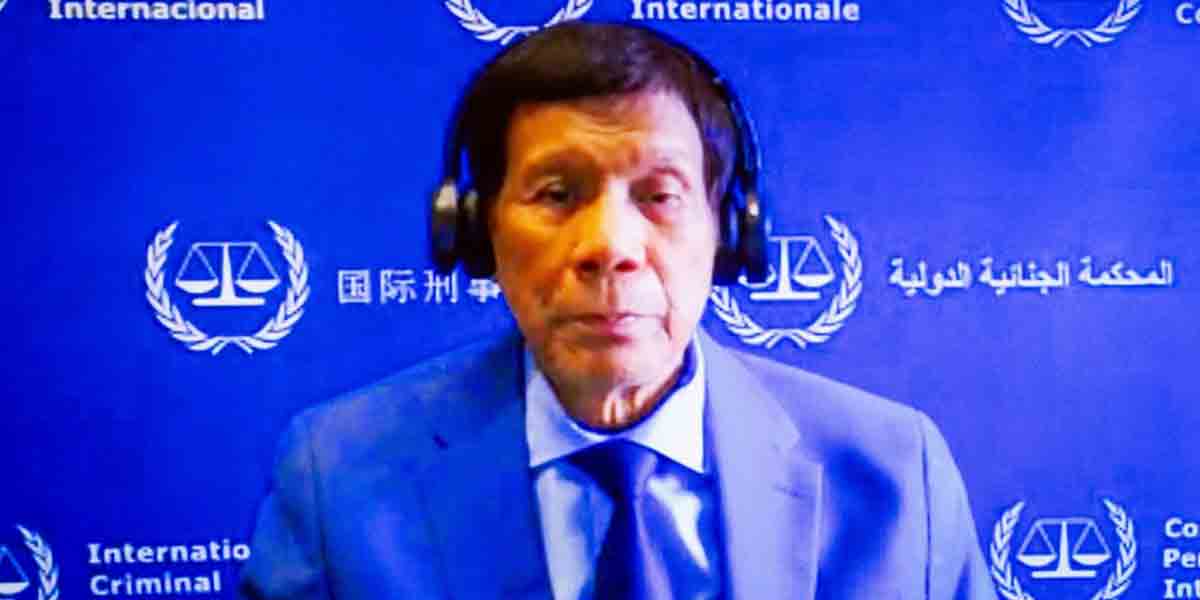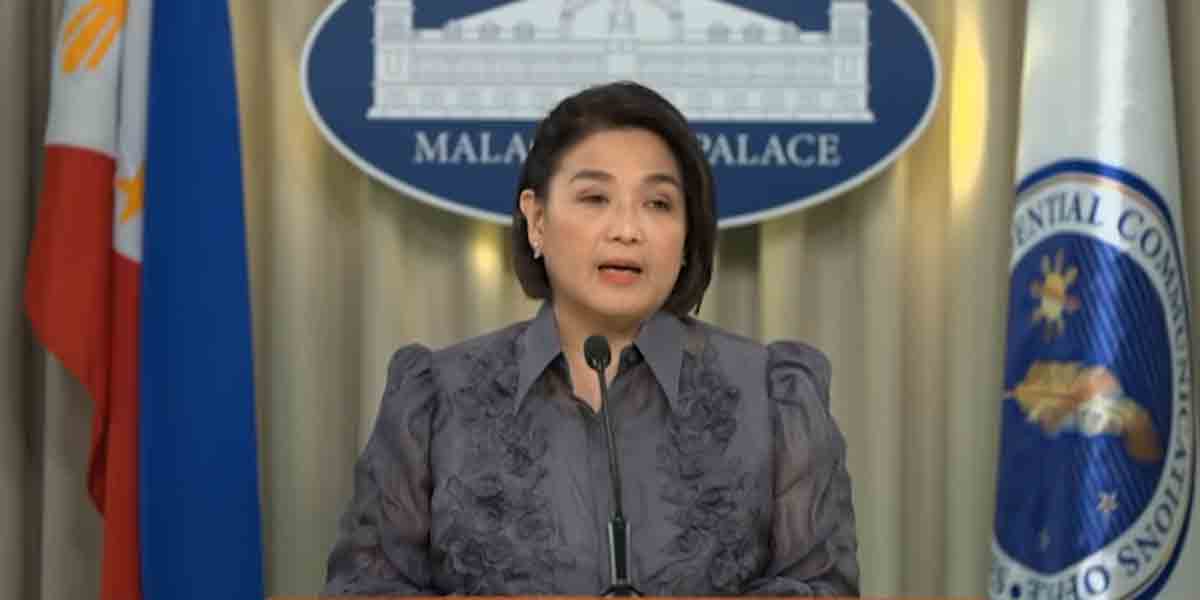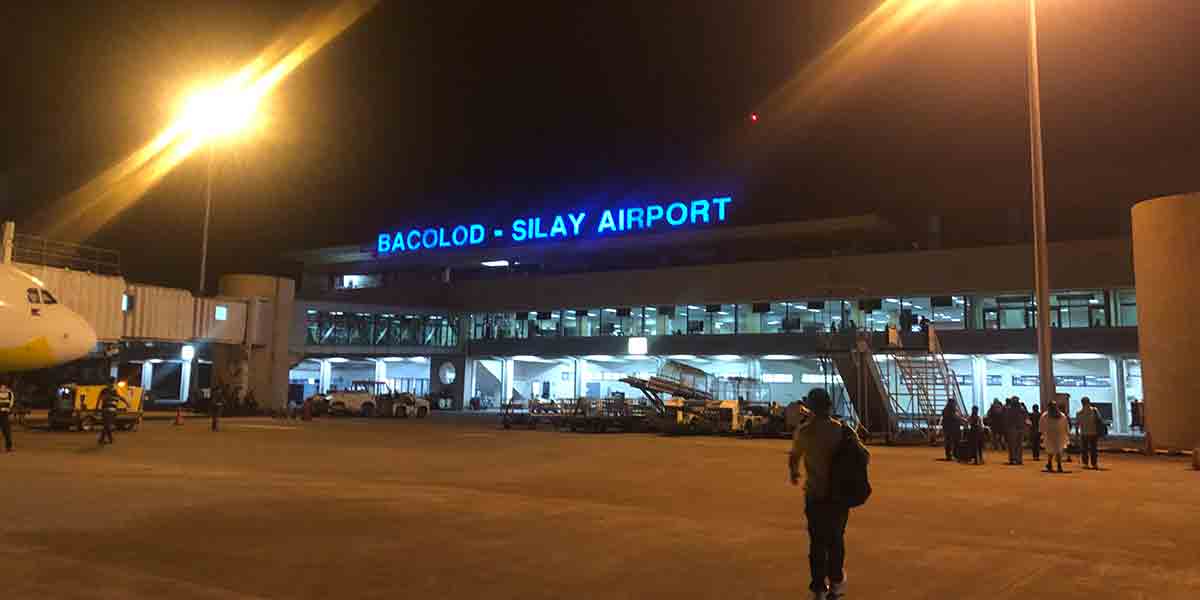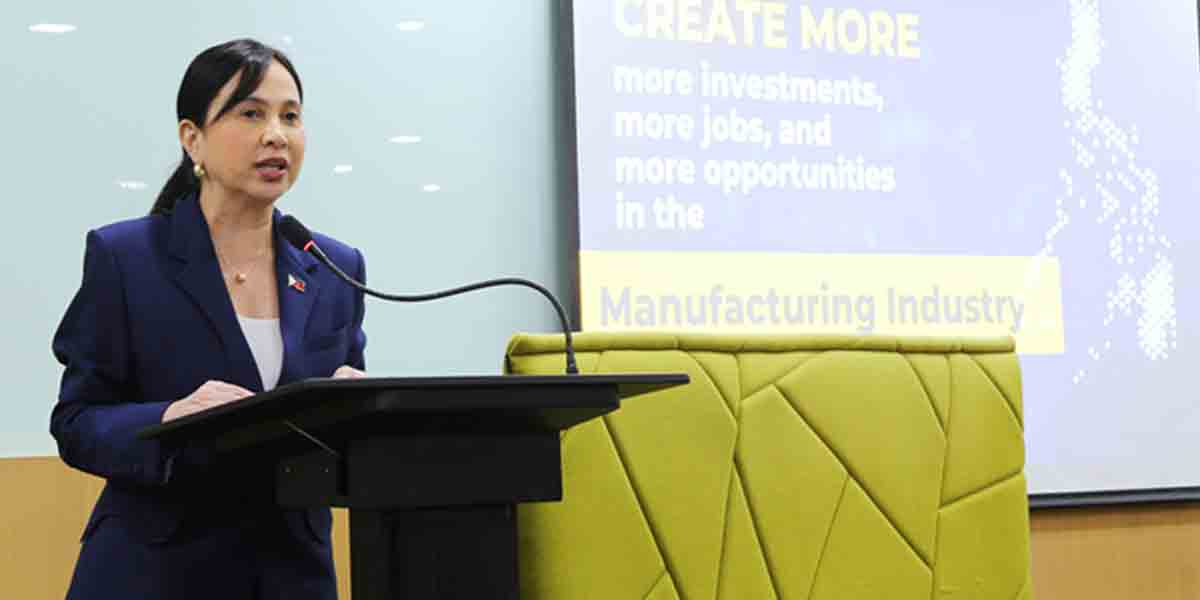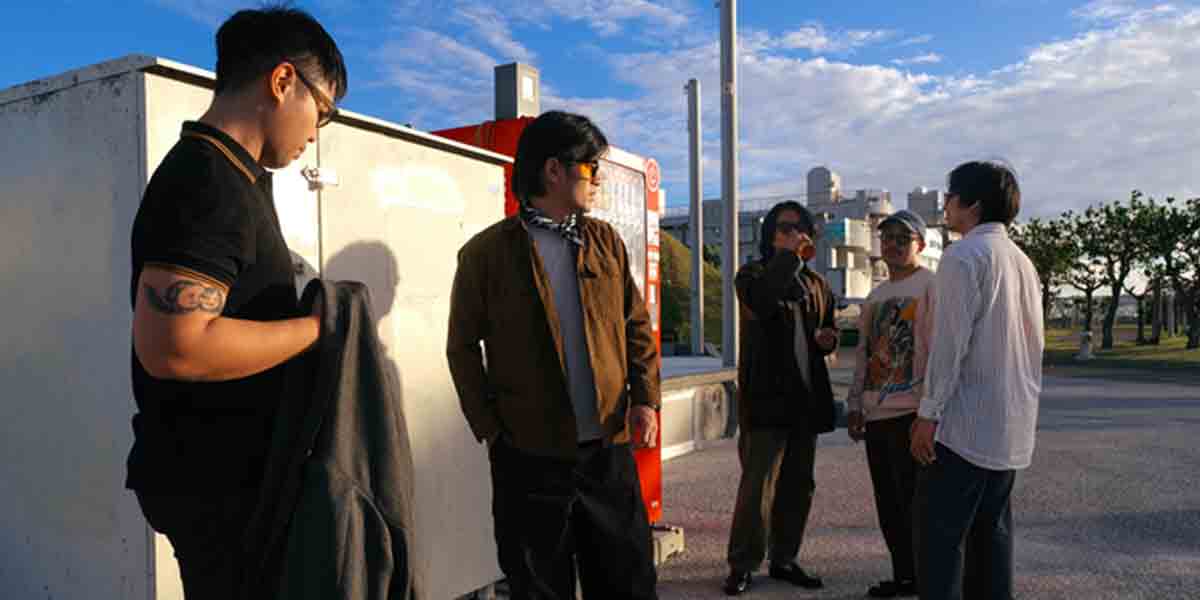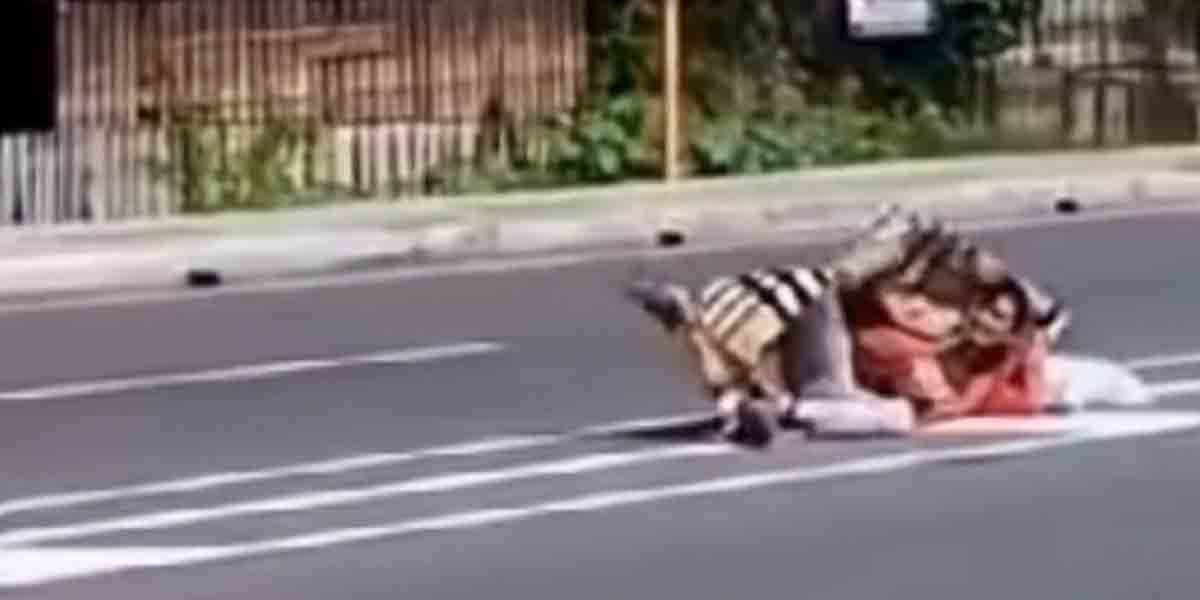 By Herbert Vego
By Herbert Vego
WHAT’S preventing the Supreme Court (SC) from ruling on petitions to declare the Anti-Terrorism Act of 2020 unconstitutional? Since July 3 when President Rodrigo Duterte signed the measure into law, 19 petitions from various sectors have accumulated thereat.
Violation of this law, which expands on the Human Security Act of 2007, could be done “by means of speeches, proclamations, writings, emblems, banners or other representations…without taking any direct part in the commission of terrorism.”
Therefore, the petitioners believe, the law itself is a “violation” because it impinges on press freedom as enshrined in Article III, Sec. 4 of the Constitution: “No law shall be passed abridging the freedom of speech, of expression, or of the press, or the right of the people peaceably to assemble and petition the government for redress of grievances….”
Section 29 of the law allows 24-day detention periods; whereas the Constitution allows 3-day detention only.
The anti-terror law took effect on July 18 despite its lack of implementing rules and regulations.
Does its inaction mean that the SC is still trying hard to find at least a whiff of constitutional provision in the questioned law’s favor?
The excuse given is that SC would still have to “conduct oral arguments on the petitions in the 3rd week of September, at the earliest, and will issue proper notices once the date is finalized.”
As of now the magistrates are saddled with the public perception that – as in the time of dictator Ferdinand Marcos – they are just like the senators and congressmen who kowtow to the President.
In fairness to the men in robes, it is also possible that they could be thinking of the consequences of a “wrong move” that could liken the new law to the National Security Law that China has passed for Hong Kong, thus eliminating the city’s “one country, two systems” autonomy.
The Chinese Communist Party, which now calls the shots in what used to be a British colony, is driving down business confidence in the territory, prompting foreign investors to pack up and invest somewhere else.
Ay te, ma-invest pa ayhan pa ayhan sila sa Pinas?
-oOo-
WAITING far apart in line in any business transaction could be boring and exhaustive. Well, yes, but not so bad when they are seated while waiting for their turn to transact business with MORE Electric and Power Corporation, Iloilo City’s power distributor.
For maximum comfort, MORE Power has rented the air-conditioned ballroom of Hotel del Rio as payment center for customers and power applicants. Among the amenities available to them for free are coffee and purified water.
It’s also for their sake that MORE Power’s President Roel Z. Castro hired a band to entertain them during peak business hours, from 10 to 12 a.m., and from 2 to 4 p.m.
The musicians and singers are naturally happy to be the chosen beneficiaries of “MORE Trabaho Para sa Ilonggo Musikero”. Like most other entertainers, they had hitherto been deprived of singing assignments due to the COVID-19 pandemic.
MORE Power has taken over 65,000 paying customers from the previous franchisee, Panay Electric Co. (PECO); and expects an estimated 30,000 more as it cracks down on power pilferers that PECO had tolerated.
Power pilferage is a criminal act punishable by reclusion temporal (imprisonment of 12 years and 1 day to 20 years) or a fine ranging from P50,000 to P100,000 or both in accordance with RA 7832.
Jose Ariel “Aye” Castañeda, head of the “Task Force Valeria” in charge of disconnecting “jumpers,” told this writer, some recidivist pilferers have already been charged in court. Those caught for the first time are given a chance to apply for legal connection.
Power pilferage that does not exceed six percent is charged to “system’s loss”. That explains why, in its time, PECO recovered its share of the losses by overbilling good customers.
This time, no less than Mayor Jerry Treñas has acted to mobilize the police force and barangay leaders to see to it that wala nang jumpers forever.
The pilferers should take it positively though; daku naman nga amount ang na-save nila sa long panahon nga wala sila gabayad.
-oOo-
Call it by whatever initials – GCQ, ECQ or MECQ – the repetitive lockdowns or community quarantines have not achieved the target of flattening the COVID-19 curve in the Philippines in five straight months.
President Duterte repeatedly says “wala na akong pera” to explain the government’s inability to feed the job-deprived “new poor”.
It’s not his but the taxpayer’s money that has gone down the drain under the Bayanihan to Heal as One Act, also known as the Bayanihan Act (Republic Act No. 11469), budgeted at ₱275 billion. Only God knows how it was truly spent, or misspent.
The latest “good news” from the President is that he would like to be the first guinea pig in the Philippines to be vaccinated with the anti-COVID “Sputnik V” vaccine from Russia.
“I believe the vaccine that you have produced is really good for humanity,” the newspapers quoted Duterte addressing Russian President Vladimir Putin.
He had earlier asked us to wait till December for “vaccine from China” that thousands of Filipino netizens have already “rejected” in the social media. Why should we buy vaccines from the country that infected the world with coronavirus? Ano kita, buang?
The Indonesians must be laughing. Their President Joko Widodo has proudly announced that they are now on the last stage of human trials for their own vaccine.
Well, at least, we have snatched from Indonesia the title of being the “COVID-19 epicenter in Southeast Asia.” As of yesterday, the Philippines had hit a total of 143,749 COVID cases against Indonesia’s 130,718.
Dyuk ba ‘yan, Spox Roque?

